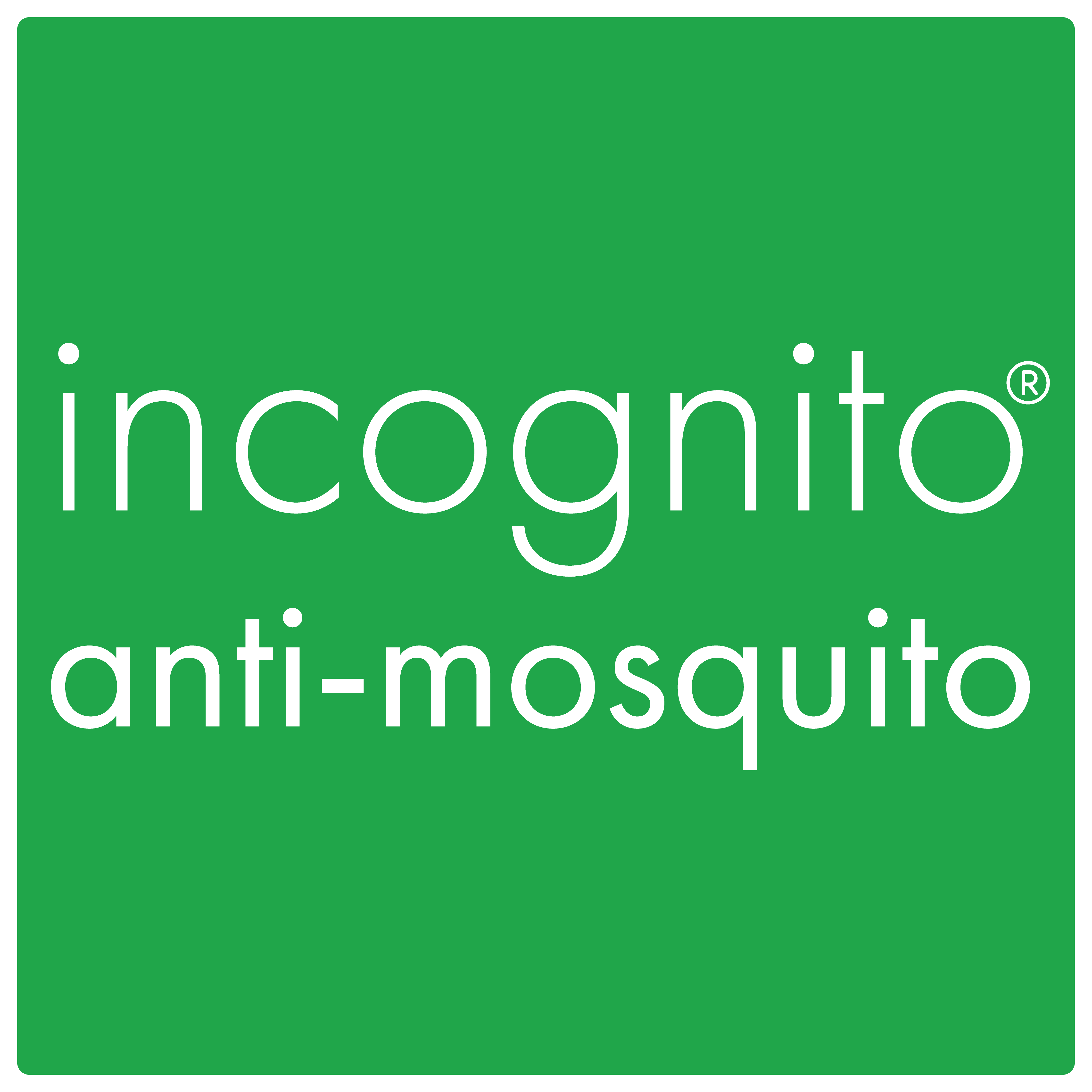 With the number of malaria cases in the UK on the rise, the UK medical
With the number of malaria cases in the UK on the rise, the UK medical
profession must wake up to the dangers their patients face when they
travel abroad.
Ahead of Malaria Awareness Day (MAD) on Wednesday, April 27, at
incognito we believe too many GPs are not giving the correct advice to
their patients who might be traveling to resorts where they might be at
risk of mosquito bites.
In some cases GPS are referring patients to private clinics for advice
on mosquito repellents and anti-malarias to protect themselves from any
legal action from clients who might catch malaria while on their
holidays.
Meanwhile, a recent Health Protection Report by the UK’s Health
Protection Agency warns about an increase in the number of UK malaria
cases caused by Plasmodium falciparum.
In 2010, 50 cases of falciparum malaria associated with travel to or
arrival from The Gambia have been reported to the Health Protection
Agency Malaria Reference Laboratory (MRL).
Of those, 36 were reported in November and December 2010, compared to
six in the same period in 2009 and 33 in 2008. The continued reporting
of this preventable disease in travellers highlights the need for
reinforcement of health messages that all travellers to The Gambia and
other destinations with malaria risk should use effective malaria
prevention methods, including chemoprophylaxis.
Experts agree that the best protection against malaria is to not get
bitten at all and argue that travellers should be aware that
anti-malaria medication alone is not a panacea as some malaria parasites
have built up a resistance to anti-malaria drugs. Both George Clooney
and Cheryl Cole contracted malaria whilst taking anti-malaria tablets.
Moreover, the traditional chemical-based DEET insect repellent is no
longer effective against Mosquitoes.
Even the strongest form of DEET repellent offers only 94% protection
against bites and some species of mosquito are entirely resistant to
DEET-based products and was one of the reasons why I developed the
incognito repellent spray which is the only product certified by UK
Trading Standards as ‘clinically proven to protect against malaria.
Protecting yourself against malaria is not just about sprays and
medication – covering up, avoiding stagnant water and washing regularly
are all important to prevent bites.
We have attended a lot of events and exhibitions and have been amazed at
the number of people coming to tell us of their tales of woe. These are
sensible people. They took all the right advice – they used DEET-based
sprays and took anti-malarials. And they still returned from holiday
with malaria.
If you have a similar tale to tell do get in touch. First up will be Ian
Green, who helps out incocgnito with its public relations and social
media. Ian caught malaria in Brazil more than ten years ago and still
suffers each year from attack… so keep an eye for Ian’s guest blog in
the next couple of weeks.


Comments (0)
There are no comments for this article. Be the first one to leave a message!